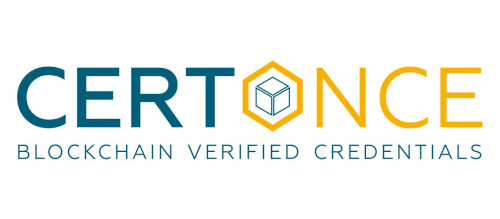‘Smart Contracts’: The new way of doing business
Businesses and individuals usually document, sign, and execute traditional contracts over the paper. This process may take weeks to even initiate, not to mention the numerous cases of breaches and lack of trust with said contracts.
Businesses have been going digital across the world, implementing technology to automate, streamline, and optimize current processes and improve their end-client relationships. However, “digital trust” is something that all industries seem to be struggling with. This holds true, especially for sectors such as finance, insurance, and healthcare, where multiple stakeholders, vendors, and contracts are involved during any transaction or interaction.
While you may have only heard about blockchain technology in the context of cryptocurrencies and mining, the myriad applications that the technology has for everyday life are spread across a variety of domains and industries.
What is a ‘Smart Contract’?
Imagine you signed a contract with one of your service providers for providing services over the next 3 months. What would be the best way to execute this contract and ensure that all the terms of the agreement are met and that the final payment to the provider is made on time? The answer is “smart contracts”.
Smart contracts are computer programs or ‘transaction protocols’ that are set to automatically execute, record, and control events as per the terms of the agreement. This means that a smart contract will document the entire event and set milestones of the contract, and will automatically release the vendor payment once all the deliverables have been met, without the need for a central enforcing authority or the legal system. All transactions are irreversible and trackable, thanks to the immutability of the blockchain.
Smart contracts can add high value to various service-centric industries; here are the top 3 benefits of switching to smart contracts:
Trust and transparency
One of the many benefits of implementing smart contracts for businesses and organizations would be the unmatched levels of transparency across the execution. Once the contract has been established, it cannot be changed, eliminating cases of breaches and fraud and inherently bringing in high trust throughout the implementation.
For instance, the mortgage sector can get a radical makeover where lenders and borrowers can agree to set terms of the agreement, such as proof-of-funds and payment planning, by using smart contracts. Without the assistance of attorneys or other third parties, this cutting-edge technology can take care of mortgage transactions.
Speed and efficiency
Since smart contracts are self-executing, they do not require any manual intervention and their execution and implementation are overseen by the blockchain network. Traditionally, once the contract has been executed, it requires a manual verification to ensure that everything is exactly as agreed upon. This may take weeks, and in cases of discrepancies even months, to successfully complete the transaction. Smart contracts not only save time and manual effort by automating the process but also offer a smart and robust solution for contract execution.
Using smart contracts, retailers can create tailored terms of agreement to facilitate prompt contractor payments. Another example can be to digitize and monitor payroll management in real-time using such contracts.
Security
With the world going increasingly digital, security should be of utmost importance to businesses and individuals alike. A study by Marino & Jules reveals that smart contracts offer the best security measures because they are implemented using blockchain technology using cryptography techniques. The use of data encryption and other cryptography techniques can greatly enhance the security of the transaction.
In a nutshell…
The use of smart contracts through blockchain technology eliminates the need for middlemen or an enforcing mechanism and improves the profitability of a business by bringing down its overall organizational costs. In cases of large global corporations that set and execute multiple contracts every single day, smart contracts can genuinely be a breath of fresh air. There is no doubt that businesses and enterprises will eventually adopt smart contracts finding high applicability for functions such as compliance and claims processing.


